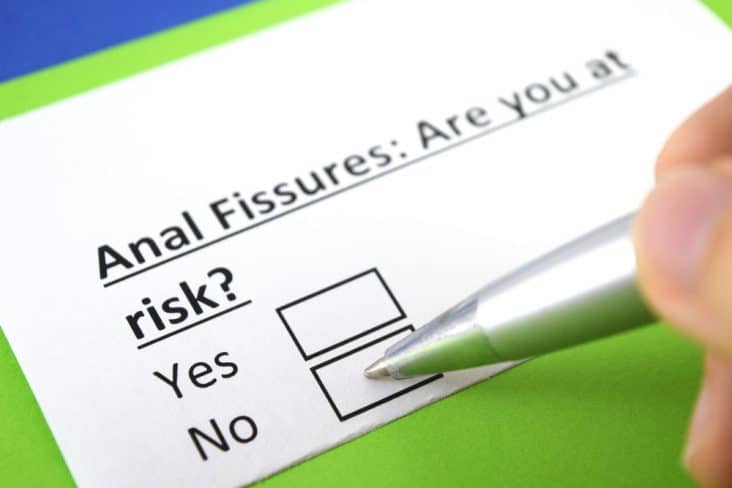Anal fissures refer to the tears you experience in the lining of the anus, a phenomenon that can be caused by several factors. While this condition sounds severe, in most cases, the tears or cuts are superficial. That being said, they can cause rectal bleeding and/or pain if the anal fissures are deep.
This condition is usually more prevalent among children, affecting around 1 in 8 babies in Australia. It is believed that the risk of anal fissures declines with age.
This blog reviews the causes of anal fissures and helps you understand how these can be prevented. For further medical guidance on this subject, contact an experienced gastroenterologist.
Causes of anal fissures
Chronic constipation
Given the intense straining that takes place among those who experience long-term constipation, anal fissures are often an unfortunate side-effect.
In these cases, tears are usually caused when you pass large or hard stools, which can rip the skin around the anus.
Diarrhoea
Another common cause of anal fissures includes chronic diarrhoea. Similar to constipation, constant strain in the anus can lead to tears.
Childbirth
Painful labour can also lead to tears or cuts in the tissue in this area, especially if the mother is straining heavily to push the baby out. This is the same if you are straining heavily during regular bowel movements.
Other gastroenterological conditions
Certain gastrointestinal conditions, specifically inflammatory bowel disease like Crohn’s disease, can lead to anal fissures and also fistulas releasing blood during bowel movements. This is one of the main symptoms of this condition.
Proctalgia could be another cause of this condition. This is where you experience painful spasms in the pelvic floor muscles, which may feel like a stabbing pain in the anus.
Rigorous physical activity
Any intensive penetrative motion can also cause tears or cuts in this part of the body.
High-risk medical conditions
Anal fissures could also be caused by other more severe medical conditions including HIV, anal cancer, tuberculosis and STDs like herpes and syphilis.
Complications of anal fissures
Anal fissures can result in certain complications that may make the condition very painful and unpleasant to experience.
This can take place when the tears or cuts don’t heal within two months. After this point, it may be considered chronic and require more intensive treatment.
Complications also occur when anal fissures keep recurring, which can take place even if you experience just one tear. Particularly extensive tears can also be problematic, especially if they stretch to the internal anal sphincter that’s responsible for keeping the anus closed.
Certain complications can be so severe they necessitate surgery to repair or remove the affected tissue.
Prevention recommendations
Fortunately, it’s possible to take action to prevent the occurrence of anal fissures. By increasing your fibre intake gradually and according to your specific intake requirements, you can avoid constipation and make stools easier to pass.
If you’re not sure which fibre-rich items of food are ideal for you, speak to your GP or a nutritionist.
Staying hydrated is also important when it comes to preventing constipation. In this context, higher levels of water in the body allow stools to become soft and considerably easier to pass.
Exercise is also recommended for the prevention of anal fissures, as it is an important contributor to the smooth functioning of the entire digestive system. It’s also imperative that you don’t ignore your natural urges to pass stool. As far as possible, give in to your urge whenever possible and if you can’t, don’t delay going to the toilet for too long.
Treat and prevent anal fissures with the support of experienced gastroenterologists
While anal fissures aren’t the most serious gastrointestinal condition, they can present significant discomfort and pain. If left untreated or are particularly severe, they can also lead to a host of unpleasant complications.
By receiving treatment or information on the prevention of anal fissures from expert gastroenterologists in Sydney, you can enjoy relief from or prevent anal fissures.

